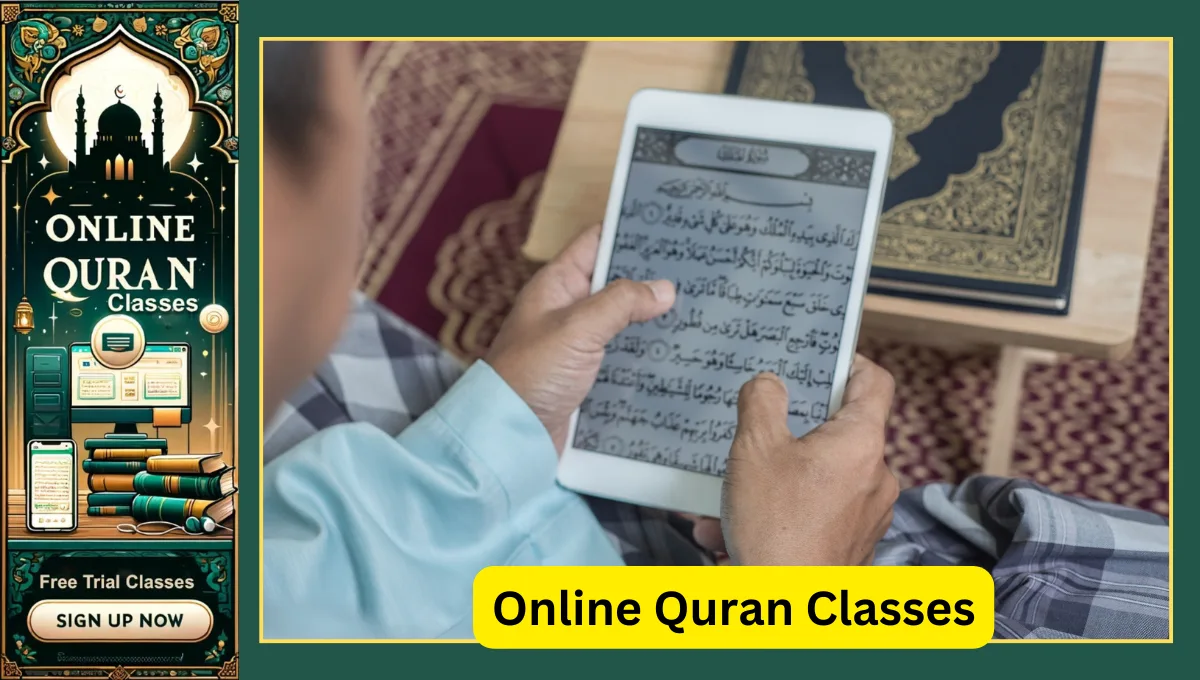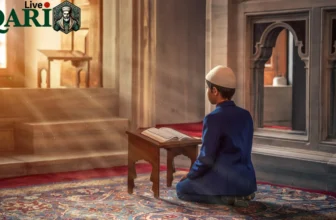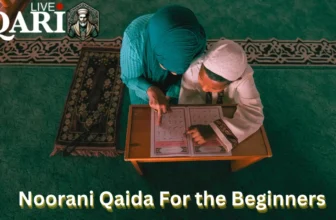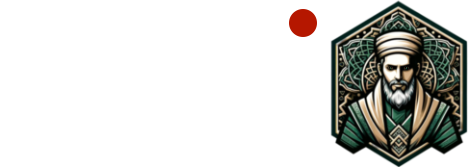
What is Noorani Qaida?
Understanding the Basics
The Noorani Qaida lays down the groundwork for proper pronunciation and articulation of Arabic letters, a crucial aspect often overlooked in regular Arabic learning. By breaking down complex sounds into simple, manageable lessons, it ensures that learners grasp the correct Makharij (points of articulation) and Sifaat (characteristics of sounds), essential for reciting the Quran accurately.
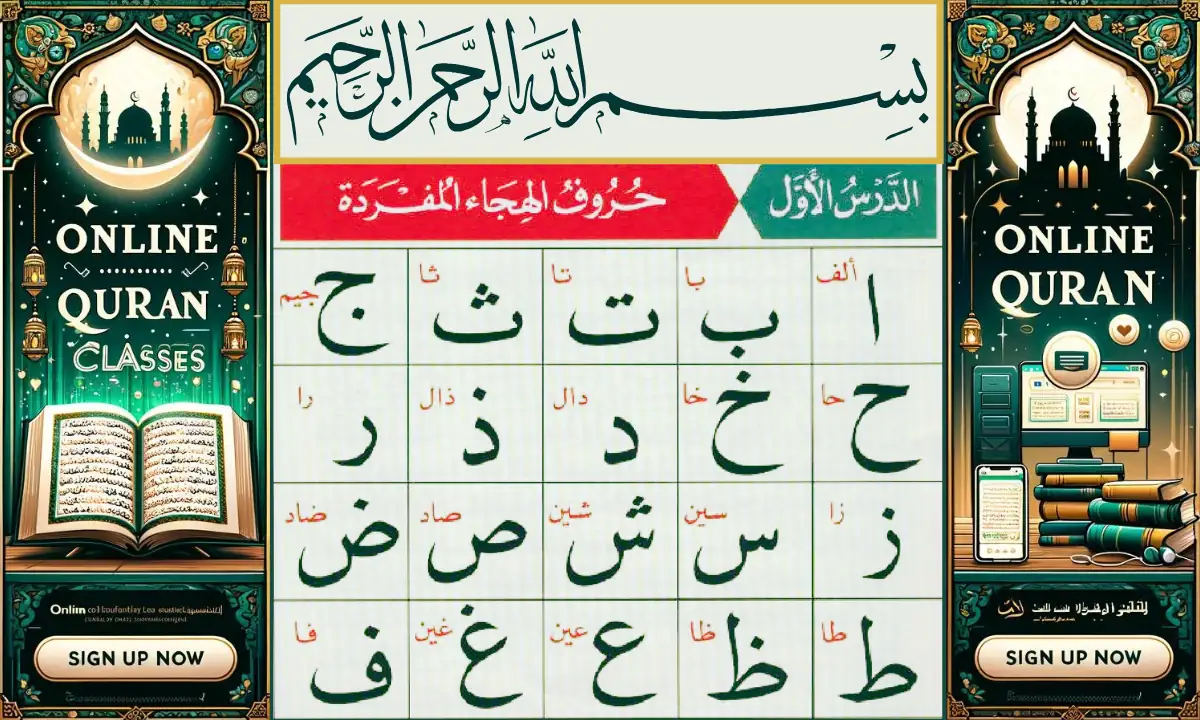
Commonly used in Islamic schools and by individual learners globally, it’s a valuable resource for those wanting to grasp Quran teachings. Created by Sheikh Noor Muhammed Haqqani from India, this guide is now taught worldwide. It is the foundational step in Quran learning. It helps users master the basics of Quran pronunciation.
Importance of Qaida Noorania in Learning the Quran
Foundation for Quranic Arabic
Norani Qaida is very important for people who don’t speak Arabic but want to learn the Quran. It teaches the basics needed to read Arabic words the right way. Concentrating on how each letter sounds helps learners say the terms of the Quran correctly. This is important because reading the Quran aloud precisely is a big part of Islamic worship and tradition.
Facilitates Correct Pronunciation and Tajweed
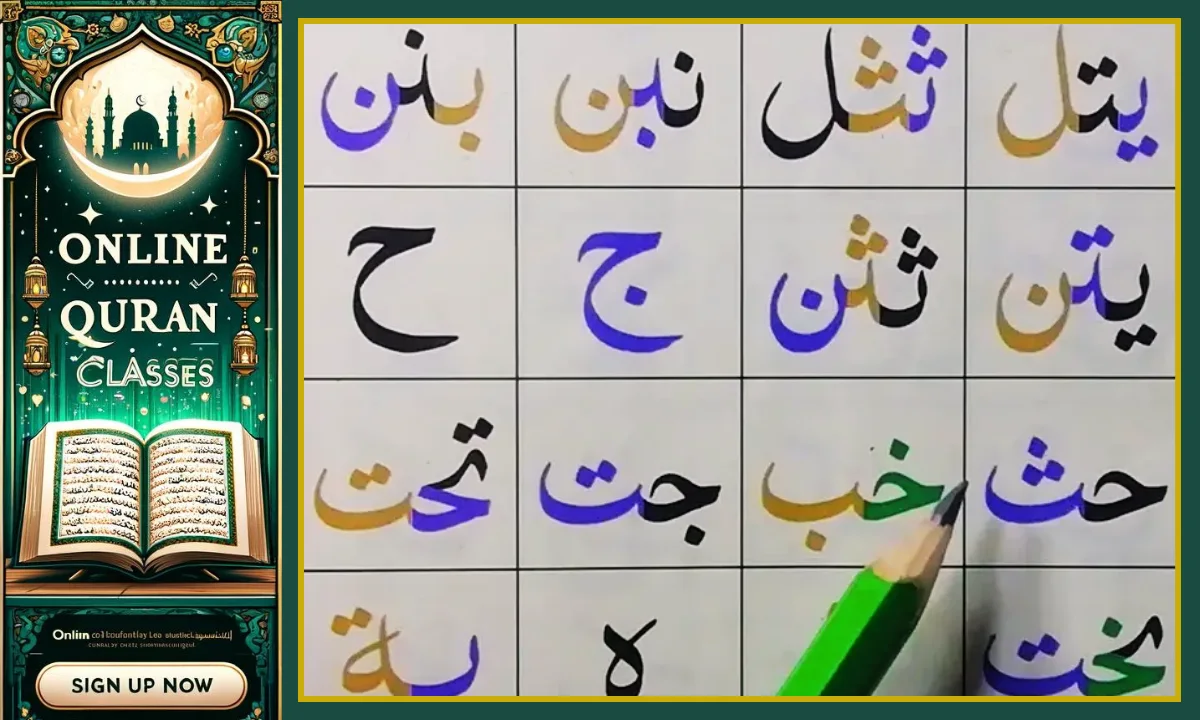
Accessibility for Non-Arabic Speakers
From Alphabet to Ayah: Progressing with Confidence
This transition marks a significant milestone in their Quranic education, laying a solid foundation for lifelong learning and spiritual growth.
Digital Platforms and Noorani Qaida
Online Learning

Apps and E-books
They’re perfect for learning when you’re traveling, waiting for something, or have some spare time. Plus, these digital options are often cheaper than buying traditional books or paying for classes, so they save money, too!
Top 10 Tips and Techniques
Boost your Quran reading with simple Noorani Qaida tips and techniques.- Start with the Basics
- Practice Regularly
- Use Repetition
- Listen and Repeat
- Understand the Rules of Tajweed
- Seek Feedback
- Progress Gradually
- Utilize Resources
- Stay Patient and Positive
- Reflect on the Meaning

Success Stories: Testimonials of Transformation
Countless individuals have shared their transformative journeys of learning through the Noorani Qaida. These success stories are a testament to the effectiveness of this foundational guide.
From mastering the basics of Quranic Arabic to developing a deep, emotional connection with the Quran, the impact of the Noorani Qaida on individuals’ spiritual lives is profound.

Conclusion: A Step Towards Spiritual Enlightenment
As the starting point for countless Muslims around the world, the Noorani Qaida remains a symbol of the timeless and universal appeal of Quranic knowledge.
FAQ’s (Frequently Ask Questions)
What is Noorani Qaida?
Noorani Qaida is a foundational text written in Arabic script, primarily used to introduce beginners to correctly reading the Quran. It encompasses the basic Arabic alphabet, Tajweed (pronunciation rules), and crucial reading drills.
Who should start learning with Norani Qaida?
Noorani Qaida is ideal for anyone new to the Arabic language, particularly young children or adults who wish to start learning how to read the Quran. It’s a first step in understanding Quranic Arabic.
What is the typical duration required to finish learning Noorani Qaida?
The time it takes to complete Noorani Qaida varies based on individual learning pace, age, and practice commitment. Generally, learners might take several months up to a year to fully grasp and master the material.
Can Noorani Qaida help in understanding the meaning of the Quran?
Noorani Qaida primarily focuses on teaching the pronunciation and phonetics of the Arabic language rather than the meaning. It lays the foundation for reading the Quran, the first step before delving into its interpretation and meaning.
Is a teacher necessary to learn Noorani Qaida, or can it be self-taught?
While self-study can be beneficial, having a teacher can significantly enhance the learning process. A teacher can provide correct pronunciation, immediate feedback, and guidance on Tajweed (rules of Quranic recitation), which is challenging to master alone. However, various digital resources and apps are available now to aid in self-learning.

